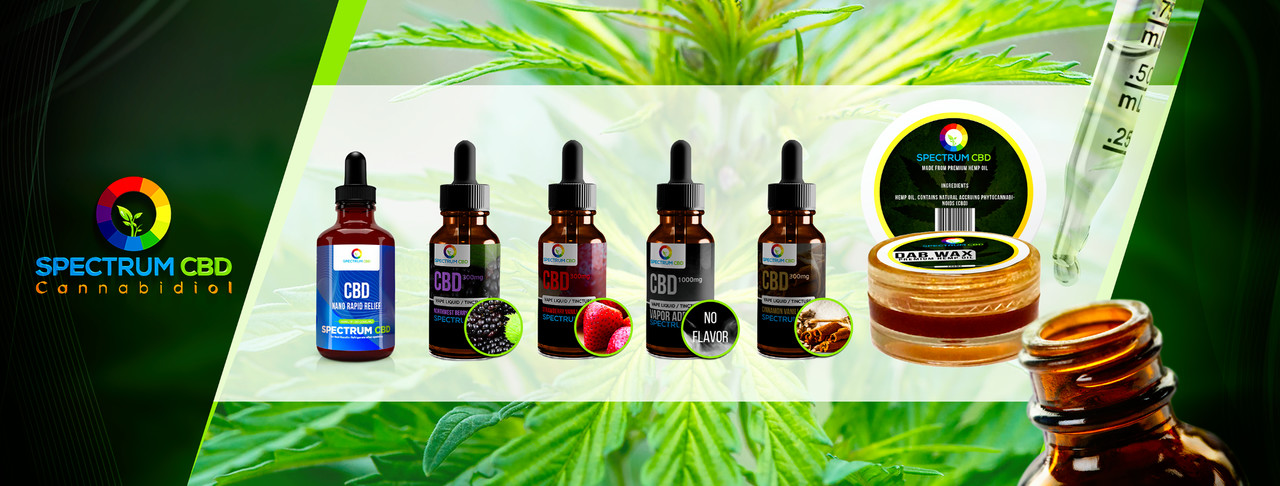
What Does CBD Do?
What Does CBD Do?
CBD is one of the many cannabinoid compounds derived from the cannabis plant. Due to long standing prohibition, study of the cannabis plant has been restricted, but the dawn of the medical cannabis movement has opened new doors to research. The discovery of the endocannabinoid system, and the body’s own endogenous cannabinoids, such as anandamide, the first endocannabinoid discovered in 1992, has also brought interest in the subject.
In 2013, Dr. Sanjay Gupta brought CBD awareness into American homes with his CNN special, “Weed”. Gupta famously opposed weed legalization until he saw firsthand the effects of the cannabinoid CBD on the seizures of child epileptics. Gupta also researched international medical studies and early 20th century uses for cannabis in the United States Pharmacopeia. By now, most Americans have heard of the connection of CBD and seizure treatment. But is that all CBD is good for or does it have other applications? Let’s explore.
A 1999 US Patent shows that CBD functions as an antioxidant. Meaning that CBD may be able to slow the effects of aging by eliminating free radicals from your body, much like the antioxidants in healthy foods such as green tea, acai, and blueberries.
Although CBD is a cannabinoid, it generally does not bond with the CB1 and CB2 receptors like THC. Since it does not bind well with either CB1 or CB2 receptors, one thing that CBD does not do is cause euphoria or intoxication. Scientists are still working out the exact means of therapeutic action, but they have been able to show how the cannabinoid works with several known enzymes and receptors.
In an article originally published by O’Shaughnessy’s, Project CBD shares 6 different biochemical receptors that are affected by cannabidiol. CBD enhances the body’s natural endocannabinoid response by inhibiting the action of the enzyme FAAH, allowing the body to better regulate itself. CBD also stimulates the TRPV-1 or “Vanilloid” receptor, making it a good treatment for notoriously hard to treat neuropathic pain. When CBD activates the 5-HT1A receptor, it acts as an antidepressant. The Adenosine receptor is also activated by cannabidiol, which manages anti-inflammatory effects and the release of dopamine and glutamate. Instead of stimulating, CBD works as an antagonist for GPR55, potentially blocking bone reabsorption and cancer cell proliferation for the prevention of osteoporosis and cancer growth. Another anti-cancer effect of CBD is it’s action with PPARs. The activation of PPARs also make CBD a potential useful remedy for Alzheimer’s, diabetes, and schizophrenia.
According to this science, cannabidiol will have many effects on the biochemistry of the human body, and its inhibition or activation of receptors will lead to alleviation of various illnesses. A 2013 review published in the British Journal of Pharmacology lists the many medical properties of CBD. Those properties include anti-inflammatory, anticonvulsant, anti-oxidant, anti-emetic, anxiolytic and antipsychotic characteristics. The researchers conclude that CBD “is therefore a potential medicine for the treatment of neuroinflammation, epilepsy, oxidative injury, vomiting and nausea, anxiety and schizophrenia, respectively”.
Bo Sullivan-Day
Spectrum CBD
Sources:
http://www.google.com/patents/US6630507
http://www.cnn.com/2013/08/08/health/gupta-changed-mind-marijuana/index.html